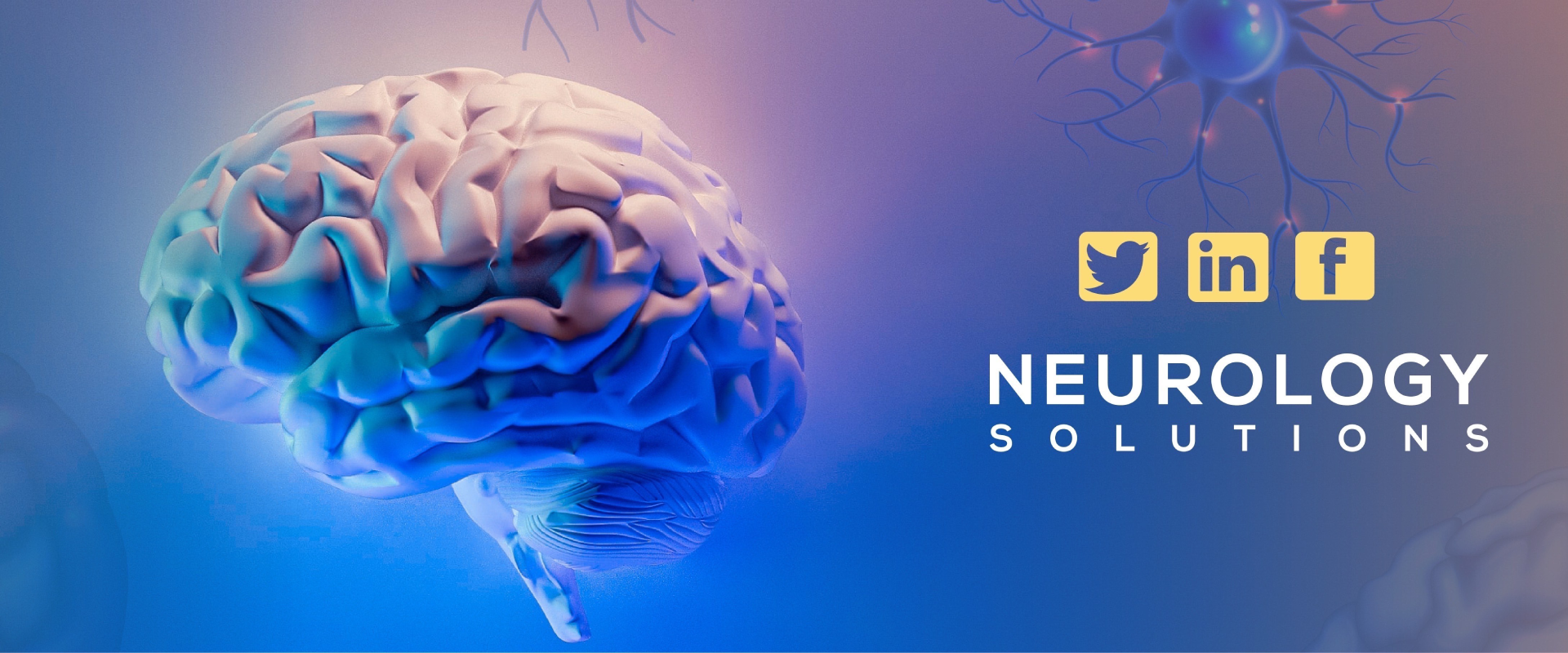
Neurology
A neurologist is a medical doctor who diagnoses, treats and manages disorders of the brain and nervous system (brain, spinal cord and nerves). A neurologist knows the anatomy, function and conditions that affect your nerves and nervous system. Your nervous system is your body’s command center. It controls everything you think, feel and do — from moving your arm to the beating of your heart.
1. What is a pediatric neurologist?
A pediatric neurologist is a medical doctor who diagnoses, treats and manages disorders of the brain and nervous system in children — from newborn to adolescent. Many of the conditions they treat are the same as those seen in adults, in addition to inherited and developmental conditions.
2. How do neurologists diagnose conditions?
Your neurologist will ask about your medical history, family history, medication history and any current symptoms.
Your neurologist may also order blood, urine or other fluid tests in order to help understand condition severity or check on medication levels. Genetic testing may be ordered to identify inherited disorders. Imaging studies of your nervous system might also be ordered to aid in diagnosis.
A neurologist is a medical doctor who specializes in diseases and conditions affecting your brain, spinal cord and nerves. Your neurologist will examine you, order tests, make a diagnosis, treat your condition with medication or physical therapy or refer you to and work together with other specialists, such as a neurosurgeon or neuro-oncologist, if appropriate. Come prepared with your notes, share your health information and never hesitate to ask questions. Your neurologist is here to help diagnose your condition, treat or manage it as best as possible and support you along the way.

 DR. J P GUPTA
DR. J P GUPTA DR. RAMNATH MEENA
DR. RAMNATH MEENA DR. AASHISH MANOCHA
DR. AASHISH MANOCHA DR. VIKAS GUPTA
DR. VIKAS GUPTA